The Ultimate List of Books to Master Prioritization for Product Managers
Prioritization for product people can mean the difference between a thriving project and a “meh” one.
But prioritization isn’t as simple as a to-do list. Effective prioritization in Product Management means aligning with strategy, vision, and feature planning. Above all, you must know the difference between a “must-do” task and a “this-can-wait” one.
In this article, we’ve gathered a list of books on prioritization that will guide you through this process. Grab that Kindle, and let’s go:
How to Choose the Right Book for Prioritization?
We live in times when everyone and their mum can write a book. So, picking actually useful literature is no easy task.
You might question whether it’s worth your time to read a book when some of them go as deep as a few AI-generated articles. So, this is exactly what we’ve considered while compiling this list: depth.
But if you’re still unsure if any of the following books are the right fit, you might consider checking out book summaries available for all of them.
You’ll do it by googling: “[title of the book] + summary”
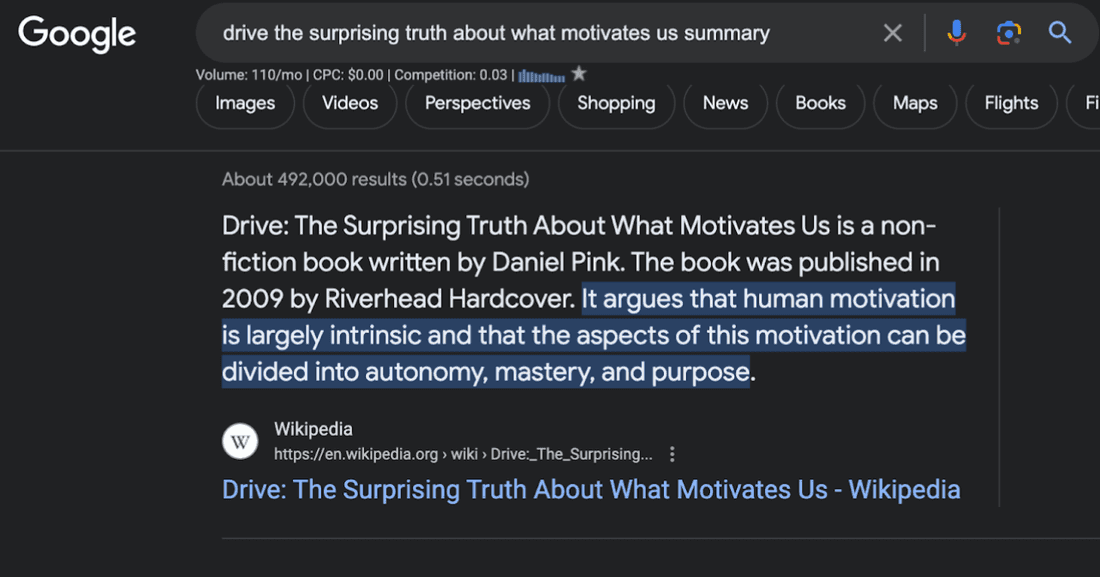
A summary should help you grasp the high-level concepts from the book. Or you can just read our blurbs – we tried to be concise but thorough. Take a look:
15 Essential Books to Transform How You Prioritize
“Drive: The Surprising Truth About What Motivates Us” by Daniel H. Pink

Pink’s study on motivation psychology helps you understand the core reasons behind human actions. Once we grasp why your users behave the way they do, you can guide them towards our product objectives more effectively.
In his exploration of autonomy, mastery, and purpose, Pink provides leaders with the tools to create a work atmosphere that naturally values significant accomplishments.
Our favorite quote:
“The monkeys solved the puzzle simply because they found it gratifying to solve puzzles. They enjoyed it. The joy of the task was its own reward.”
“Measure What Matters: Online Proactive Teams, Fast Work, and Smart Decisions” by John Doerr
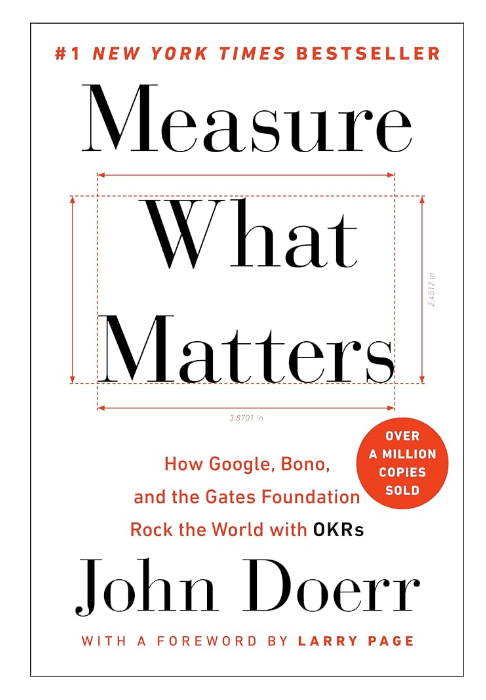
Doerr’s OKR framework has fuelled the success of countless organizations – Google being one of the biggest.
In this read, you’ll learn how to set goals that drive focus, engagement, and alignment. But the most valuable takeaway for Product Managers is the way Doerr teaches progress measuring.
His system lets you understand how to guide your team toward impact-driven work – which is exactly what you need for effective prioritization.
Our favorite quote:
“Leaders must get across the why as well as the what. Their people need more than milestones for motivation. They are thirsting for meaning, to understand how their goals relate to the mission.”
“Essentialism: The Disciplined Pursuit of Less” by Greg McKeown
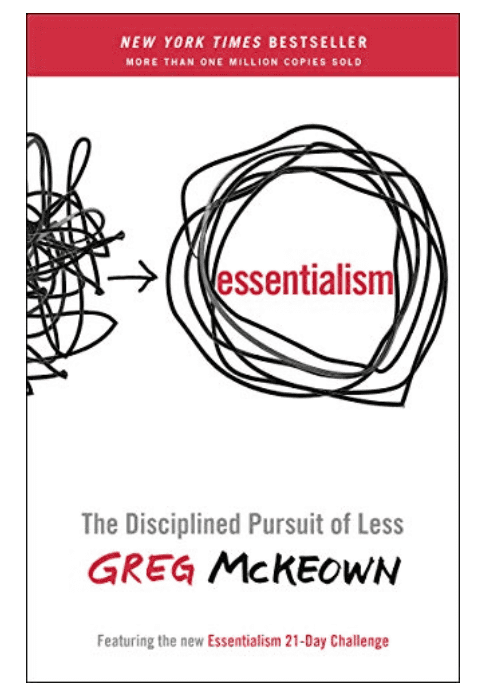
McKeown advocates for the ‘less but better’ approach. And as a PM bombarded with demands, this message will probably resonate strongly with you.
By honing in on what is truly essential, you liberate your schedule and your team’s energy, directing it toward the most critical projects.
Our favorite quote:
“Remember that if you don’t prioritize your life someone else will.”
“The Lean Product Playbook: How to Innovate with Minimum Viable Products and Rapid Customer Feedback” by Dan Olsen
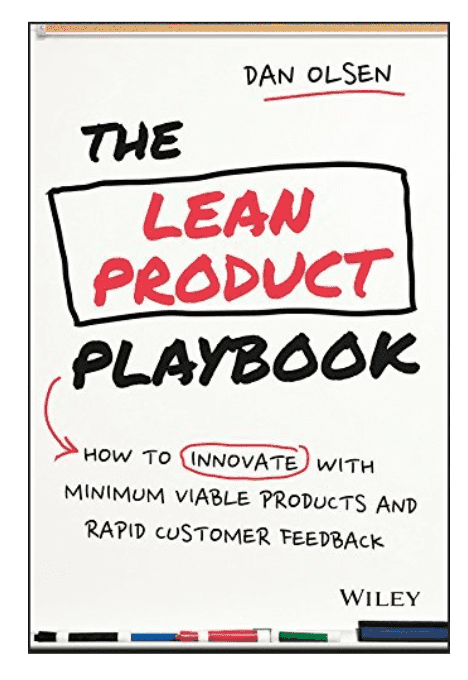
In his playbook, Olsen reimagines the product development process, putting MVPs and user feedback at the heart of your strategies.
By learning to test and prioritize, you’re ensuring your product not only serves but anticipates customer needs, staying agile and valuable.
Our favorite quote:
“The main reason products fail is because they don’t meet customer needs in a way that is better than other alternatives.”
“Sprint: How to Solve Big Problems and Test New Ideas in Just Five Days” by Jake Knapp, John Zeratsky, and Braden Kowitz
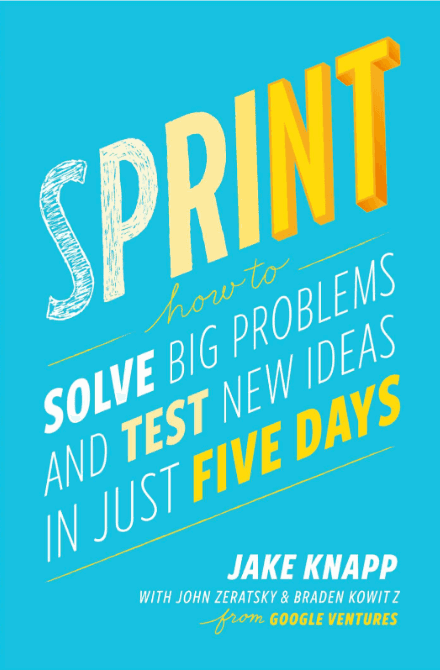
Knapp and his co-authors introduce the concept of design sprints — intensive sessions that sharpen focus, spur innovation, and lead to product breakthroughs.
The approach from this book helps you redefine typical project timelines, emphasizing intense iterations and prioritized progression.
Our favorite quote:
“Being in a curiosity mindset means being fascinated by your customers and their reactions.”
“Scrum: The Art of Doing Twice the Work in Half the Time” by Jeff Sutherland
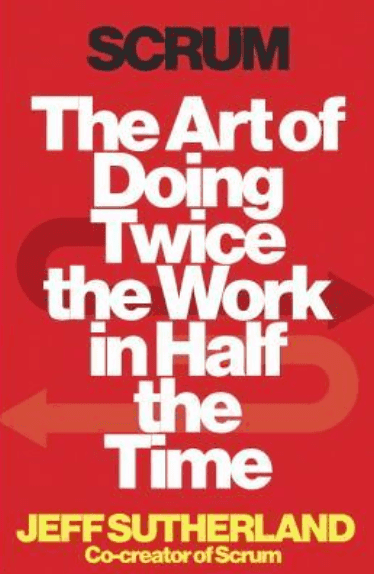
As a PM, you most likely hear the word “Scrum” at least once a week. But have you ever tried to grasp the actual philosophy behind the concept?
Sutherland’s Scrum methodology is renowned for its time-saving benefits and rapid project turnarounds.
By deploying the sprint, daily scrums, and review processes, you’ll learn how to prioritize tasks collaboratively, leading to maximized team efficiency.
Our favorite quote:
“Greatness can’t be imposed; it has to come from within. But it does live within all of us.”
“Inspired: How to Create Products Customers Love” by Marty Cagan
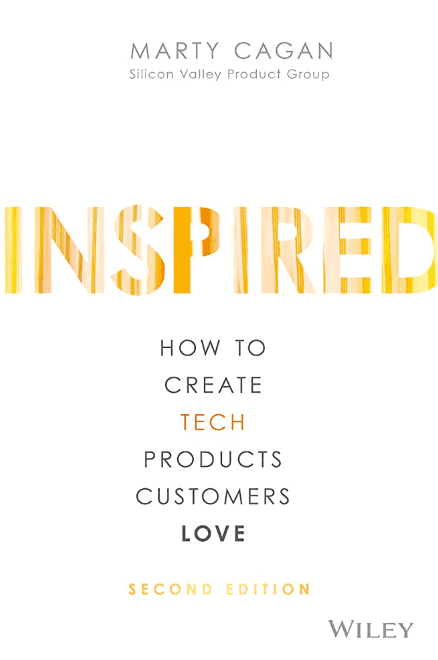
With a focus on product management, Cagan’s ‘Inspired’ is a goldmine of insights on how to prioritize the customer journey.
He underscores the significance of continuous discovery and measurement, ensuring that your product resonates with your market’s deepest needs.
Our favorite quote:
“It doesn’t matter how good your engineering team is if they are not given something worthwhile to build.”
“Switch: How to Change Things When Change Is Hard” by Chip Heath and Dan Heath
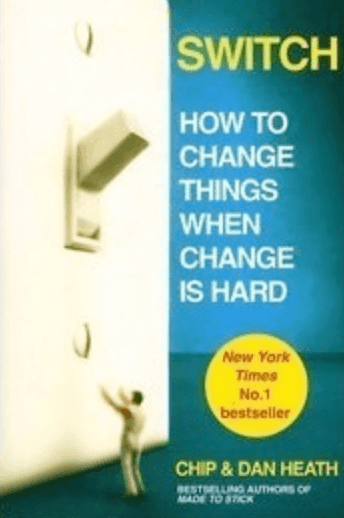
Navigating change is a routine part of a PM’s life.
The Heath brothers provide a framework that eases the adoption of new strategies. By understanding the rational and emotional components of change, you can prioritize efforts more effectively and lead with greater success.
Our favorite quote:
“Change is hard because people wear themselves out. And that’s the second surprise about change: What looks like laziness is often exhaustion.”
“Algorithms to Live By: The Computer Science of Human Decisions” by Brian Christian and Tom Griffiths
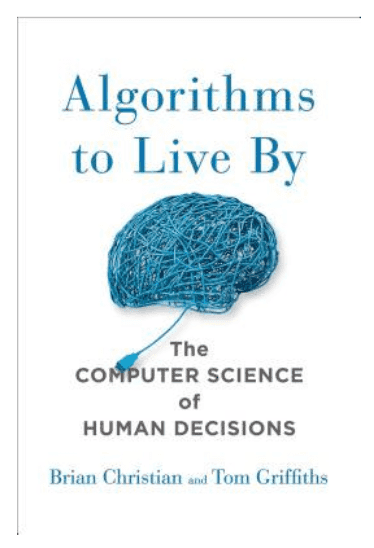
A great book if you’re a PM who’s also a geek. It tackles prioritization from a different angle, drawing parallels between human decision-making and computational algorithms.
By infusing your strategic thinking with these principles, you’ll optimize the process of setting priorities, much like a computer would sort data.
Our favorite quote:
“Don’t always consider all your options. Don’t necessarily go for the outcome that seems best every time. Make a mess on occasion. Travel light. Let things wait. Trust your instincts and don’t think too long.”
“Thinking, Fast and Slow” by Daniel Kahneman
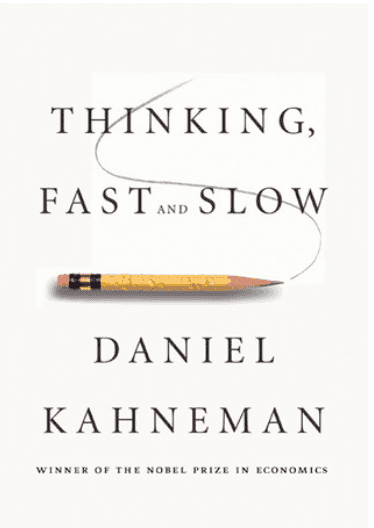
This is an absolute must-read for any decision-maker on the biases that trick our brain.
By understanding our brain’s shortcuts, PMs can learn how to recognize and avoid these pitfalls in the prioritization process, leading to more rational and impactful decisions.
Our favorite quote:
“Nothing in life is as important as you think it is, while you are thinking about it”
“The Innovator’s Dilemma: When New Technologies Cause Great Firms to Fail” by Clayton M. Christensen
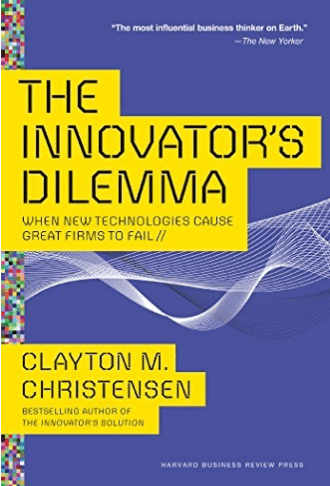
Christensen’s groundbreaking work on disruptive innovation offers a deep-dive into strategic prioritization.
By acknowledging the ‘dilemma’ that disruptive technologies present, you’ll be better equipped to allocate resources in a way that prepares your product for long-term success.
Our favorite quote:
“Disruptive technology should be framed as a marketing challenge, not a technological one.”
“High Output Management” by Andrew S. Grove
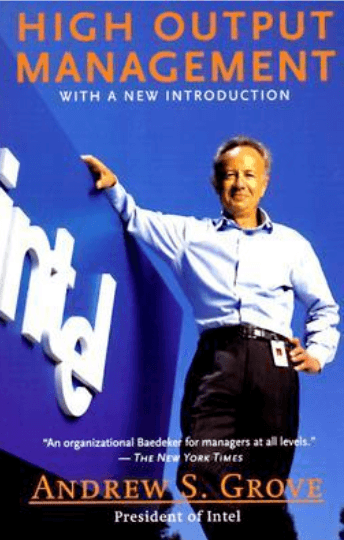
Although not solely about prioritization, Grove’s work on leadership and management is invaluable to PMs.
His insights into team productivity and the role of the manager can inform your prioritization tactics, ensuring you’re equipped to optimize the output of your product team.
Our favorite quote:
“Let chaos reign, then rein in chaos.”
“How to Measure Anything: Finding the Value of ‘Intangibles’ in Business” by Douglas W. Hubbard
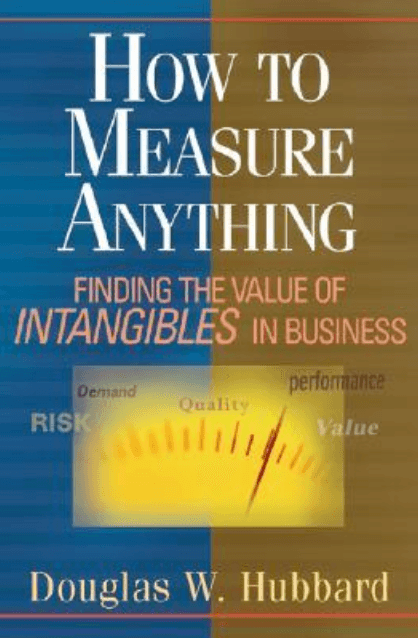
For Product Managers, not everything can be quantified easily.
Hubbard lays out methods for measuring seemingly unmeasurable risks and opportunities.
By applying structured approaches to prioritization, you’ll make fact-based decisions in even the most ambiguous scenarios.
Our favorite quote:
“A problem well stated is a problem half solved.”
“Predictably Irrational: The Hidden Forces That Shape Our Decisions” by Dan Ariely

Ariely’s exploration of human behavior offers an engaging look at the quirks that influence our decision-making.
By recognizing these patterns, PMs can adjust their prioritization strategies to account for these ‘irrational’ but consistent human tendencies.
Our favorite quote:
“The danger of expecting nothing is that, in the end, it might be all we’ll get.”
“The Effective Executive: The Definitive Guide to Getting the Right Things Done” by Peter F. Drucker
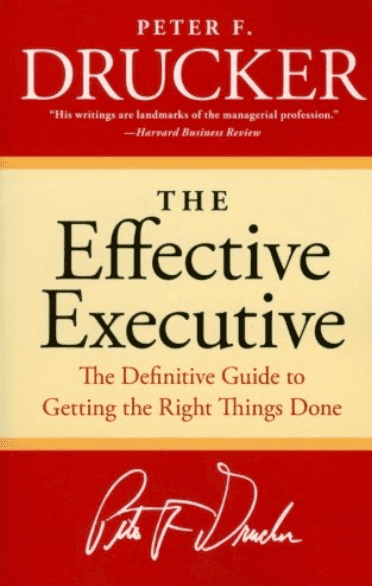
In this classic Drucker discusses the role of effectiveness over efficiency.
Through his lens, you’ll reconsider the tasks that truly drive your product’s success and learn the power of concentrated action on these ‘right things’.
Our favorite quote:
“Intelligence, imagination, and knowledge are essential resources, but only effectiveness converts them into results.”
Conclusion
The essence of mastering prioritization is not simply to manage time but to manage focus, energy, and, ultimately, progress. The in-depth knowledge offered by these books will serve as your compass, directing your product amidst the storms of complexity and ambiguity.
The well-read PM is an effective PM. And effective PMs use effective prioritization toolkits.
Psst... Wanna try Fibery? 👀
Infinitely flexible product discovery & development platform.